VW Pumps the Brakes On Porsche Going Public, Eyeballs Job Cuts
Back in February, there was some buzz that Volkswagen Group was seriously considering spinning off the Porsche brand or at the very least listing it on the stock exchange. While the rumors technically go back further than that, it wasn’t until early 2021 that outlets started citing anonymous sources claiming VW felt it had become too bloated with brands and wanted to shake loose some money whilst streamlining the organization.
Not so, says Volkswagen CEO Herbert Diess. It always seemed suspect that the manufacturer would offload what has consistently become one of its most profitable brands, though an IPO didn’t seem out of the question considering how ridiculously well it has worked for other entities underpinned by hype (valid or otherwise). Diess has indicated that neither scenario looks plausible anymore, stating that VW isn’t all that interested in surrendering any amount of control right now.
Study: Automotive Debt Is Out of Control, You're Being Swindled
Consumer Reports just released the findings of a year-long stud y looking into the latest trends in automotive loans and car payments. The resulting information highlights just how explosive the debt growth has been over the last 10 years and the arbitrary way in which borrowers are now being treated.
Long story short, we’re all being swindled.
With vehicle prices ballooning and the associated loans becoming longer than ever, dealers and lenders seem to be operating whatever way yields the steepest profit margins with only a modicum of consideration being given to the established frameworks designed to act as a guard rail. This has led to U.S. citizens carrying around a record $1.37 trillion in automotive load debt and customers with good credit being treated no different than those that fall into the subprime category. Sadly, the issue appears only appears to be worsening as new economic perils are only making things more expensive. Meanwhile, data from the Federal Reserve Bank of New York is projecting national auto debt to swell to $1.42 trillion by year’s end.
Ford, GM Earnings Reports Will Tell the Chip Shortage Tale
Ford and General Motors are both slated to show their third-quarter earnings reports on Thursday.
Reports suggest that despite the negative impacts of the global semiconductor chip shortage, there may be positives for the companies, as well.
Could Ford's Electric Fleet Sales Be Slower Than Expected?
Despite most automakers proudly proclaiming their intention to shift toward EV-dominant portfolios, customers haven’t been sharing their enthusiasm. While there’s a subset of loyal early adopters that are eager to see electrification become the norm, the relative infancy of the technology and prevalent gaps in the charging infrastructure has kept them from becoming a majority. But manufacturers seem to think it’s just a matter of time and that they’ll be able to make up the difference through fleet sales.
Advertised with lower than average operating costs and juicy subsidies being offered throughout the developed world, automakers have convinced themselves that EVs will soon become the de facto rides for various entities needing to round out their stables. Meanwhile, we’re hearing inklings that Ford is seeing pushback from fleet customers over its s new F-150 Lightning pickup and E-Transit van.
AutoNation Wildly Profitable While Car Prices Are Grotesquely High
With automobile prices ballooning to egregiously high levels, one might assume that the industry would be in rough shape. But they’d be dead wrong. Supply chain disruptions have actually created a captive market where consumers are desperate to lay their hands on whatever products are available. In the automotive realm, this has allowed retailers to set ludicrous prices and rake in larger profits per transaction. While inflation may eventually catch up to these entities, the gravy train is currently parked at the station and dousing big business with its warm, brown effluence.
Nobody knows this better than the folks at AutoNation. Because the company just released a quarterly profit report that blew its rosiest projections out of the water. Net income its ongoing operations was $361.7 million for Q3 2021, double the $182.6 million witnessed in Q3 of 2020, while revenue rose 18 percent to $6.4 billion.
National Automobile Dealers Association Elects New Chairs
The National Automobile Dealers Association (NADA) has elected Mike Alford as its chairman for 2022. The decision was announced shortly after the group’s board adjourned on Tuesday.
Alford — who heads Marine Chevrolet Cadillac in Jacksonville, North Carolina — currently serves as NADA vice chairman and will be taking over for Paul Walser next year. Geoffrey Pohanka was chosen as the vice-chair, setting him up as a strong contender for the top position in 2023.
Toyota, Stellantis Announce North American Battery Plants
Automakers Toyota and Stellantis separately announced plans to construct lithium-ion battery plants in North America on Monday. With regulatory pressures mounting, the industry has been shifting its eggs between baskets to avoid trouble. But the ultimate goal for most brands is to transition toward selling EVs, requiring meaningful action and financial expenditures on the part of manufacturers.
We’ve already seen General Motors and Ford Motor Co. squabbling over who will nestle the biggest battery facilities between America’s Frost and Sun Belts. It’s only fitting that the remnants of the Chrysler Corporation contained in Stellantis walk the path of electrification, especially now that it’s absolutely riddled with European influence. Meanwhile, Toyota is predictably exercising a bit of caution as it similarly navigates how to modernize itself via upcoming lithium-ion plants.
'Made in America Auto Index' Gives Ford Mustang GT the Crown
Annual automotive-content indexes have grown in popularity since trade restrictions and tariffs have become increasingly relevant issues. But they’re usually pretty generic, often providing the broad strokes of product origin while placing a few cars housing the most regional content on a pedestal. Not so with the Kogod School of Business’ 2021 Made in America Auto Index. While the metrics used are a little different from what’s found elsewhere, it offers a more comprehensive data set than other catalogs.
Though most people still like to know which vehicles were dubbed the “most American” and Kogod’s percentage-based scoring system makes it pretty easy to figure out. We won’t leave you hanging. For the 2021 model year, the Ford Mustang GT was evaluated as the car boasting the highest level of North American hardware and labor. But you have to get a manual transmission for the necessary 88.5 percent total domestic content rating (TDC). Select the automatic and that number drops to 51 percent, which is still better than the Mustang Mach-E’s paltry 15-percent score.
Car Loans Get Longer, Rental Vehicles Get Older
While nobody needs to tell you that the economy isn’t in good health, we should at least hip you to the latest automotive trends relating to the financial purgatory we’re currently living through. Ford sent a memo to dealers last week indicating that it would be removing the minimum FICO requirement for 84-month financing, indicating that the industry may soon normalize auto loans that are even longer than the 72-month whoppers that have grown in popularity over the last several years.
Meanwhile, those needing a vehicle intermittently will find that rental rates have not been declining as hoped. Despite analysts previously suggesting that auto pricing may stabilize through the fall, we now look to be going into the holidays facing familiar high-priced troubles — and there’s really no reason to think that’s going to change after 2022 gets here.
Tesla Officially Moving to Texas, Elon Musk Confirms Austin HQ
Tesla CEO Elon Musk has officially announced that his company would be moving house this week. Currently nestled upon the bosom of Silicon Valley in Palo Alto, CA, the automaker has expressed its intent to establish a new base of operations in Austin, TX. While this situation has been a long time coming, it’s not quite the prompt walkout that everyone was predicting 17 months ago.
At the start of the pandemic, Musk found himself at odds with local officials pushing strict COVID lockdowns. The CEO had wanted to keep the all-important Fremont facility up and running at the start of 2020, suggesting workers could simply choose to stay home without there being any negative repercussions (or pay). Told again to shut down, Tesla sued Alameda County on the grounds that its orders were unconstitutional and violated a return-to-work mandate recently issued by Governor Gavin Newson. Before long, Elon Musk was openly confessing he was fed up with the state of California and would be relocating the business.
Cadillac Launching New Corporate Logo With Lyriq
There’s a new automotive trend afoot, one where industry giants alter their iconic corporate logos so they’ll play better in a digital environment. Shadows and color gradients designed to give an image depth don’t always pop on a cheap screen the way they might on the glossy piece of paper and have encouraged manufacturers to transmission to flat, monochromatic icons that look bad everywhere.
But consistency isn’t the only reason to change logos. It’s also an opportunity to signal to customers that you’re evolving as a brand, which is why so many companies have associated their new iconography with the pivot toward electric vehicles. General Motors, recently ditched the logo it’s been using (more or less) unchanged since 1964 for a Bizarro World alternative that swaps the color pallet and makes the letters lowercase. Now it’s modernizing the emblem to be used for Cadillac’s electrified products until they gradually supplant the entire lineup.
General Motors Plans Battery-Cell Lab in Southeast Michigan
We’ve written about the lofty promises automakers are making when it comes to EVs, but regardless of whether you think they’ll make their targets or not, they’re at least putting plans in motion.
Ford has its Blue Oval City. Meanwhile, General Motors has plans to open a battery-cell lab in suburban Detroit.
Volvo Announces IPO, Polestar Does SPAC Merger
Volvo Cars has confirmed months of speculation by announcing that it’s planning to go public on NASDAQ Stockholm. On Monday, the automaker stated that it would be seeking to raise 25 billion Swedish kronor (nearly $2.9 billion USD) via the selling of new shares as a way to fast-track its electrification plans. Those include ensuring half its annual volume being represented by EVs and transitioning the majority of its sales stemming from online orders by 2025.
While the targeted IPO valuation is unknown, prior information coming from Zhejiang Geely Holding Group (Volvo’s Chinese parent company) suggested it was aiming for something in the neighborhood of $20 billion. We’ve also learned that the collaboratively owned Polestar would also be going public, except it will be using the always sketchy special-purpose-acquisition-company merger to help pump the stock.
Will Chip Shortage Dethrone GM's Sales Dominance?
Ninety years. That’s the amount of time that General Motors has led the sales charts in the U.S.
That may change this year, according to industry bible Automotive News, because of the ongoing microchip shortage.
Lordstown Motors Sells Home to Foxconn
The troubled Lordstown Motors has announced it will be selling its Ohio production facility to the Taiwanese Hon Hai Precision Industry, better known as Foxconn. But this is not a case of the prospective automaker offloading its assets so it can pay off its debts in full retreat. Instead, Lordstown has asserted this is a necessary partnership that will help guarantee it can still deliver the all-electric Endurance pickup truck.
Terms stipulate that Lordstown Motors will sell the sprawling factory to Foxconn for about $230 million. Two years ago, the site was purchased from General Motors for a very breezy $20 million after the Detroit-based manufacturer decided to abandon the Chevrolet Cruze. Foxconn will also be buying up $50 million worth of common stock and effectively take responsibility for production at Lordstown Assembly. However there is a laundry list of things that need to be done before pickup assembly is even an option.
Ford to Build Blue Oval City for EV Production
Ford has grand plans for building EVs and batteries, and the Blue Oval brand laid out those plans earlier this week.
Welcome to Blue Oval City
Lucid Motors Becomes an Automaker
Production of the 2022 Lucid Air started this week, adding another automaker to the North American roster. The manufacturer held an event on September 28th, inviting Arizona Governor Doug Ducey, relevant executives, big-time investors, select media outlets, and customers who dropped $170,000 to purchase the limited Dream Edition of the electric vehicle.
While often framed as a Tesla ripoff, Lucid Motors has been setting its sights so high that it hardly feels like a fair assessment. Because the Air is offering one of the most impressive all-electric spec sheets in the industry right now and should probably worry the competition.
Abandoned History: Project Genesis, Toyota Cars for Young People
Toyota was very focused on youthful consumer appeal at the turn of the millennium. Around the same time the WiLL sub-brand launched in the Japanese home market with its multitude of different products, a similar project was just getting underway at Toyota Motor Sales USA.
It was called Project Genesis, and like WiLL, it didn’t go well.
Abandoned History: The Early 2000s WiLL Project, for The Youths (Part IV)
The WiLL branding project in early 2000s Japan was intended to excite and interest younger consumers with stylish products, all of which were marketed as WiLL. At the pinnacle of unique WiLL offerings were three different small Toyotas: The first two were the unpopular and unsuccessful retro-French themed Vi, and the modern-looking, popular, and unsuccessful VS.
Around the middle of VS production, Toyota just knew there had to be a part of the market they hadn’t reached yet and reintroduced the idea of the Vi with a polar opposite stylistic direction. This is the Cypha.
Automakers Accused of Chip Hoarding, U.S. Considers Defense Production Act
Despite the occasional media report claiming that the semiconductor shortage is nearly over, reality looks quite a bit different. Some manufacturers have managed to temporarily stabilize supply chains, even though others have continued announcing work stoppages as they run out of chips. Wait times for the electronic components have also increased by about 61 percent since the beginning of 2021. Meanwhile, a recent Kelly Blue Book survey had 48 percent of respondents saying they were going to postpone buying a new automobile until shortages end, prices come down, and they can actually find the vehicles they’re looking for. But even those that were willing to buy now expressed a surprising level of acceptance to abandon brand loyalty or their preferred body style just to get a fairer deal on an automobile.
With the United States fairing worse than other regions in regard to chip availability, the White House has been under pressure to solve the problem all year. Thus far, government strategy has focused on encouraging investments for new semiconductor production. But there’s a new gambit being proposed that would invoke a Cold War-era national security law that would force manufacturers to furnish information pertaining to semiconductor supply lines and chip sales.
Abandoned History: The Early 2000s WiLL Project, for The Youths (Part III)
Several Japanese companies embarked on the WiLL sub-brand exercise at the dawn of the new millennium. Miscellaneous WiLL-branded products were introduced alongside a funky new car offering from Toyota, the WiLL Vi.
The baguette-themed retro sedan was an immediate failure amongst the youthful consumers WiLL was supposed to attract, so Toyota had a very quick rethink. Meet VS.
Rare Rides: A Very Luxurious Camry, the 1990 Lexus ES 250
Today’s Rare Ride was the only other car accompanying Lexus’ LS 400 at dealerships in 1990 and 1991. The fanciest Camry offered in the US, it was a badge conversion from a Camry sold in the Japanese market.
But consumers saw through the charade, so while the high-effort LS 400 flew off the showroom floor, the minimal effort ES just sat there.
Opinion: These Are the Most Influential EVs of the Moment
It’s become something of a mantra for me, lately, but that doesn’t make it any less true. It goes like this: Electric cars aren’t coming, they’re already here. And, depending on who you ask, they’ve been here – they just haven’t quite made it into the mainstream, yet. With the dawn of the Rivian R1T ( which became the first full-size electric pickup to reach series production earlier this month), though, a lot of people would have you believe that’s set to change. I happen to be one of them.
Abandoned History: The Early 2000s WiLL Project, for The Youths (Part II)
The WiLL project was a short-lived collaborative marketing effort by several Japanese brands, intended to capture the interest and money of youthful buyers. Using emotional engineering, seven companies launched new products in the early 2000s wearing WiLL sub-branding. Included in the myriad of offerings were three different subcompact Toyotas.
And here’s the first one, the WiLL Vi.
Abandoned History: The Early 2000s WiLL Project, for The Youths (Part I)
Today’s Abandoned History story is one of targeted marketing. In the early 2000s, an amalgam of Japanese corporations combined efforts to reach out to younger consumers via unified branding. Cars, food, appliances – all across Japan new, youth-focused products all wore the same sub-brand: WiLL.
Collectively WiLL asked, “How do you do, fellow kids?”
Opinion: Elon Musk's Criticisms of the EV Incentive Bill Are Valid
Tesla CEO Elon Musk isn’t fond of the new electric-vehicle incentives being proposed by the United States Congress and recently stated as much over social media this week. He even went so far as to allege that the bill was lobbyists working on behalf of legacy automakers and the United Auto Workers, as it monetarily benefits domestic manufacturers with strong union ties above all others.
Truth be told, it’s kind of hard to respond to those claims with anything other than an affirmative nod. Due to his seemingly intentional manipulation of cryptocurrency and willingness to overpromise Tesla investors, I’m not the biggest fan of Musk. However, he’s getting support from other manufacturers and it’s pretty hard for your author to see any legislative scenario other than the one he’s supporting — especially since this is frequently how business is done on Capitol Hill.
German Automakers Aren't Interested in Returning to Normal
With supply chain hiccups crippling the automotive industry’s ability to conduct business as normal, resulting in rolling production stalls and skyrocketing vehicle prices, manufacturers looked to be in serious trouble throughout the pandemic. But we learned that wasn’t to be the case by the summer. Automakers were posting “surprise profits” because people still needed cars. We also found out there’s been a growing appetite for expensive (see: highly profitable) models and the industry saved itself a bundle by not needing to pay for office space or line workers, as COVID restrictions kept everyone at home.
Having considered the above, most automakers are seriously considering how they can further leverage this new modality. German manufacturers have even said they’re not that interested in going back to the normal way of doing things — instead electing to intentionally limit volumes and focus on high-end models that will yield the greatest return on investment. But it’s not quite the curveball it seems, as some companies were already ditching the volume approach.
Vaccine Mandates Being Considered By Auto Industry, UAW
With the Biden administration having announced that it would start requiring companies to vaccinate employees, automakers and UAW are finding themselves in a sticky situation. Unions had previously said they wanted to hold off on endorsing or opposing mandatory vaccinations until after they discussed things with the industry and their own members. Considering Joe Biden said he wouldn’t make vaccines mandatory less than 10 months ago, employers are getting caught with their pants around the proverbial ankles.
Automakers had previously been surveying white-collar workers to see what they wanted to do while upping on-site COVID restrictions, but operating under the impression that any hard decisions were likely a long way off and left entirely to their discretion. Now the Department of Labor’s Occupational Safety and Health Administration is planning a new standard that requires all employers with 100 (or more) employees to guarantee their workforce is fully vaccinated or require any unvaccinated workers to produce a negative test result on a minimum weekly basis.
GM Halts Production at Nearly All U.S. Plants, Chip Shortage to Blame
The chip shortage has struck again.
General Motors is going to temporarily halt production at most of its North American assembly plants, starting Monday, because the shortage of semiconductor chips continues.
Opinion: Automakers Are Overstepping Their Boundaries
General Motors now requires salaried employees operating in the United States to disclose their coronavirus vaccination status. As confirmed by the automaker on Thursday, the decision is supposed to help the company determine what percentage of its own workforce is vaccinated so it can make better decisions about which safety protocols to implement. But your author is under the assumption that “as many as possible” will always be the preferred answer.
Earlier in the month, GM forced all salaried employees to disclose whether or not they were immunized for COVID-19 using the automaker’s internal network. Those answering to the affirmative were required to submit proof of vaccination by last Monday. But it sounds as though the manufacturer is just getting warmed up for more invasive activities.
Lordstown Motors Appoints New CEO
Lordstown Motors has entered into the phase where an EV startup has to tread water now that everyone knows it failed to disclose various production hurdles and shared inaccurate information about the pre-orders it has been bragging about. The only thing offsetting this bad situation is that our misgivings regarding Lordstown could probably be a little worse. Nikola and Faraday Future told some real whoppers, while the Ohio-based company appeared to have at least one toe dipped in the waters of truth. But we can’t exactly call lying a little less than the competition a major triumph.
It remains a bad situation, particularly because Lordstown lost CEO Steve Burns almost immediately after stating the company was “highly dependent” on his leadership in June. However, the firm said it had remedied the situation by appointing Daniel Ninivaggi as the new chief executive on Friday.
Abandoned History: Chrysler's Liberty Project, to Saturn or Not to Saturn
In Part V of the Rare Rides series on the Eagle Premier, I mentioned an abandoned project at Chrysler called Liberty. Announced in 1985, Liberty was supposed to be a direct challenge to GM’s recently announced Saturn brand. Or it wasn’t, depending on what day of the week Liberty was addressed.
Chrysler’s PR department and CEO Lee Iacocca seemed at odds on what the Liberty project was, but they were both sure it was very important and it would build something, probably.
Ford Postpones On-Site Work Until 2022, Considers Vaccine Mandates
On Wednesday, Ford Motor Co. told employees that it would delay plans for on-site work due to coronavirus concerns relating to the delta variant. Non-site-dependent staff are being told they stay home for the rest of 2021, while line workers will still be required to come in so long as there’s a job to be done — creating a dichotomy between white and blue-collar workers.
While Ford has encouraged some teams to come back to the office for various projects, it has repeatedly delayed its return-to-work timeline. Workers now being told to stay home until 2022 were previously informed they’d be coming back to the office in October. Before that, everyone thought it would be business as usual by the summer. Now the company is adopting a policy that has most people staying home even after 2022 as often as possible while it considers mandating vaccines.
Opinion: Over the Air Updates Bad, Owning the Car Good
Software updates. Precisely when we had to start having a conversation about software updates – over the air or otherwise – in an automotive context isn’t something I can answer. We didn’t have them for about 100 years. Then, we did. What’s more, it seems like everyone is more or less OK with that, but should they be? Are these software updates really making your car better, or are they slowly throttling back your car’s performance and functionality in a bid to frustrate you into buying a new one?
Let’s take a few minutes to explore the possibilities.
Rare Rides: The Eagle Premier Story, Part VI (The End)
Today we wrap up our Rare Rides series on the orphan Eagle Premier (other five parts here), and discuss the boxy sedan’s important legacy at Chrysler.
Rare Rides: The Eagle Premier Story, Part V
The fifth entry in our Rare Rides series on the Eagle Premier brings us to 1988. The Premier was newly on sale after a delayed introduction, and the company building it was not the same company that spent years designing it.
Chrysler was in charge of the Premier’s fate.
Rare Rides: The Eagle Premier Story, Part IV
Today is the fourth installment in our Eagle Premier series. Parts I, II, and III brought us through late 1987 when the Premier finally entered production, albeit well behind schedule.
The Renault group’s high profile chairman had been assassinated in fall 1986 by French extremists, and the company’s new chair, Raymond Lévy, was experiencing pressure from all sides.
Rare Rides: The Eagle Premier Story, Part III
We continue our coverage today of the Eagle Premier from over 30 years ago. Parts I and II detailed the inception of the AMC-Renault joint project, and the technical aspects of what was a pretty advanced (or quirky) family sedan.
The time had come to put this all-new AMC offering on sale, but Premier arrived alongside some very unfortunate historical circumstances.
Ford and GM Feuding Over Names
Last month, General Motors filed a trademark infringement lawsuit against Ford’s use of the term BlueCruise for its SAE Level 2 advanced driving assistance suite. GM has argued the phrase is too close to its own SuperCruise system and wants Blue Oval to ditch the name for something else. Ford recently filed a motion asking the US District Court in San Francisco to throw out the case, as it believes the term cruise is common enough to qualify as ubiquitous.
This is the industrial equivalent of two of your friends screeching at each other because one of them wanted to name their youngest son Landon while the other already named their kid Langston. Though the manufacturer’s feud may be dumber because it’s not exactly like we’ve recently started affixing the word cruise to the systems found inside automobiles.
Rare Rides: The Eagle Premier Story, Part II
Part I of The Eagle Premier Story covered the inception of the collaborative AMC-Renault X-58 project in 1982, and its front-drive full-size flagship goal. It was to be an all-new car to lead AMC’s North American offerings. In today’s installment, we’ll take a look at the stylish sedan’s technical details more closely.
Opinion: The Jeep Grand Wagoneer Won't Be a Big Success
The reviews are breaking today on the new Jeep Grand Wagoneer. As Jeep resurrects one of its most historical full-size nameplates from a three-decade slumber, it’s getting a lot of positive press coverage. But Jeep is in for a world of disappointment in a couple of years.
Rare Rides: The Eagle Premier Story, Part I
Today’s Rare Ride combined Italian design and French running gear in a full-size sedan marketed under an all-new brand: Eagle.
It’s time for the Eagle Premier story.
Correct: Honda Says Senate Tying EV Subsidies to Unions Discriminatory
Despite regulatory efforts often being praised as essential for elevating standards and promoting safety, they’re also an excellent way to funnel money and favors between political and corporate entities in plain sight. This dichotomy is particularly glaring in regard to environmental restrictions, which frequently favor businesses that are wealthy enough to afford to adhere to them and subsidies that effectively reroute tax funding to support various industries.
Considering this, it’s fairly rare to see bigger businesses griping about government assistance. But that’s exactly what Honda is doing with a proposal in Congress seeking to provide additional EV subsidies to consumers that buy vehicles manufactured by union-backed plants. The manufacturer has stated it believes the Clean Energy for America Act is discriminatory by favoring specific automakers and will ultimately restrict the choices available to consumers – which is true.
Off the Rails: Train Crash Damages New Ford F-150 Pickups
As if Ford didn’t have enough headaches in terms of pickup truck supply, the derailment of a train carrying a load of the things has thrown the automaker even further off track. According to local media, a freight train ran into trouble while hauling the things through Missouri, creating a stack of metal that Blue Oval suits certainly could do without seeing right now.
Here’s the good news: no injuries or environmental damage was reported, save for the new pair of pants that was surely required for the train’s operator.
Where Your Author Considers Many Impractical Used Car Suggestions (Part II)
I’m back with more boring used car content, a topic some of you apparently despise with a passion. Caution: More used-car discussion ahead, get out while you still can if this is the case! For the rest of you, let’s review the impractical car suggestions you’ve made that earned a spot on the Yes, I Like list.
General Motors Halts Pickup Truck Production Again
It’s no surprise that automotive computer chips are harder to find than potato chips at a Beachbody convention. GM has been hit hard by the shortage, forced to idle production of its most profitable machines while choosing to de-content some of their vehicles in a bid to keep the lines humming.
Truck production will take another hit this week, with a trio of pickup plants scheduled to fall silent for seven days starting on August 9th.
New York Auto Show Cancelled Again
The New York International Auto Show (NYIAS) has been cancelled for the second year in a row over, you guessed it, COVID. Though things are a bit more complicated this time around.
Progressive Mayor Bill de Blasio announced on Tuesday that New Yorkers will need proof of vaccination to do everything from going to the movies to dining out starting August 16th. While this doesn’t include a mask mandate, something he said was unnecessary, requiring thousands of people from out of state to furnish vaccination cards they likely already lost makes NYC hosting the auto show a difficult (if not impossible) proposition. NYIAS organizers announced their decision to cancel the event on Wednesday.
Opinion: Automakers Reinstating Nationwide Mask Mandates Is a Mistake
Detroit automakers and the UAW have elected to reinstitute national masking mandates for all of their facilities, starting Wednesday. General Motors, Ford, and Stellantis have issued a joint announcement clarifying that the rules are in accordance with the updated guidance from the Centers for Disease Control and Prevention (CDC) recommending masks be worn by all persons regardless of their vaccination status.
Based upon the text included in the release, the industry seems aware that the decision will be unpopular and is doing its utmost to transition responsibility without absolving itself entirely.
Opinion: Subaru is Doing Everything Just About Right
Tim asked the other day if I might work up an opinion piece on the current state of Subaru. “Sure,” I said, and immediately felt salty. In mind were many criticisms on how the smallish automaker is doing things currently. After that initial salty reaction, I got to thinking about Subaru’s current offerings and recent trajectory more critically. And I realized they’re doing most everything just as they should.
Where Your Author Considers Many Impractical Used Car Suggestions (Part I)
Today’s article is a follow up to the one from about a week ago, wherein I outlined my current used car shopping idea: something fairly impractical with two doors. The article racked up 195 comments thus far, and I’ve read them all and taken notes.
Let’s get down to your suggestions. First up are the cars I won’t be considering.
Dealership Markups Are Getting Insane
Car buyers and market observers are used to seeing large dealership markups on models that are tough to get — first editions of popular cars, usually, or models that are produced in small numbers, or both.
It’s no shock to see the Ford Bronco or Chevrolet Corvette marked up by thousands of dollars. Motor Trend reported markups of $30K on Broncos, for example. C8 Corvettes are also being marked up like crazy.
While annoying, it’s somewhat understandable, given how the franchise-dealer system works, as well as how basic capitalism and supply and demand work. You don’t have to like the phenomenon, but the logic behind its existence is sound.
Still, we draw the line at an almost $6K markup of a Mitsubishi Mirage.
GM Prioritizing Pickup Production Over Crossovers, Sedans
General Motors will resume full-size pickup assembly next week, leaving its crossovers will have to continue enduring production hang-ups related to the semiconductor shortage. American manufacturers have been absolutely creamed by supply shortages this year and a lack of chips really hurt pickup volumes. We’ve seen a lot of creative solutions, including automakers putting unfinished vehicles on the lot in hopes that they can install the missing hardware later.
But GM’s latest solution involves prioritizing Michigan’s Flint Assembly, Indiana’s Fort Wayne Assembly, Silao Assembly in Mexico — all of which were previously idled or operating on reduced schedules. Unfortunately, that means giving other North American facilities more downtime and, sadly, plenty of it.
Biden Fuel Rules Unveiled, Will Exceed Obama's Goals
The Biden administration is proposing a return to the Obama-era fuel-economy regulations over five years.
After that, the rules will get tougher, with the goal of getting 40 percent of American drivers into electric vehicles.
Brother of Top Biden Adviser Lobbied for General Motors
Washington, D.C. has long been thought of as a “swamp” of shady dealings, regardless of what party is in charge of the White House and/or Congress at any given time.
The previous president even promised to “drain the swamp,” though his critics would argue he made it swampier than ever.
Audi Abandoning Subcompact Cars Over Regulatory Pressure
Audi is discontinuing the A1, citing Europe’s regulatory landscape as the main cause. Eager to limit the amount of CO2 coming out of tailpipes, the European Union has placed strict limits on petroleum-powered passenger vehicles. For Audi, the price of manufacturing a subcompact automobile-dependent upon internal combustion is getting too high. Installing a smaller motor would negatively impact drivability while slotting in a hybrid powertrain means more R&D costs and jacking up the MSRP to a point where consumers might lose interest.
There’s just not much incentive to build small, efficient vehicles when the profit margins have been made razor thin and people aren’t buying them in great numbers. And this is a lesson that’s being learned by all automakers, not just those associated to Volkswagen Group.
Where Your Author Considers Purchasing Something Less Practical
It’s been a few weeks since I sold the Golf Sportwagen back to the dealership from whence it came, and it’s still there if any of you would like a very clean Golf with no present water issues. Since then, I find myself peering out the kitchen window at the empty driveway space where the Golf used to reside. And it makes me have many thoughts, impractical thoughts.
Locked Up: Mercedes-Benz to Charge for Access to EQS' Rear-Wheel Steering
If you want the more-advanced version of the rear-wheel steering system on the Mercedes-Benz EQS, and you live in Germany, prepare to pony up to unlock the software.
Chip Shortage Leads to 'Dead' Cars On Factory Lots, GM Halts Truck Production
Have you heard the one about the dead cars? No, not the ones we find in junkyards, but the ones that haven’t had life yet, thanks to the chip shortage.
Penske & Cox Premiere AI Based Auto Sales Platform With Confusing Name
Years ago, waiting for a haircut, dental appointment, or psychological evaluation meant thumbing through a paperback filled with local listings of automobiles you had convinced yourself you might be in the market for. While primarily an exercise for wasting one’s time, there was always a chance you’d run to a payphone or whip our your Nextel to contact the seller so you could begin the delicate dance of commerce.
CarMax On Used-Car Buying Spree As Market Madness Continues
With used-car prices soaring, retailer CarMax has been busy swooping up used vehicles to flip for sale.
That could be a solid strategy since the chip shortage has left new-car dealers bereft of vehicles on the lot.





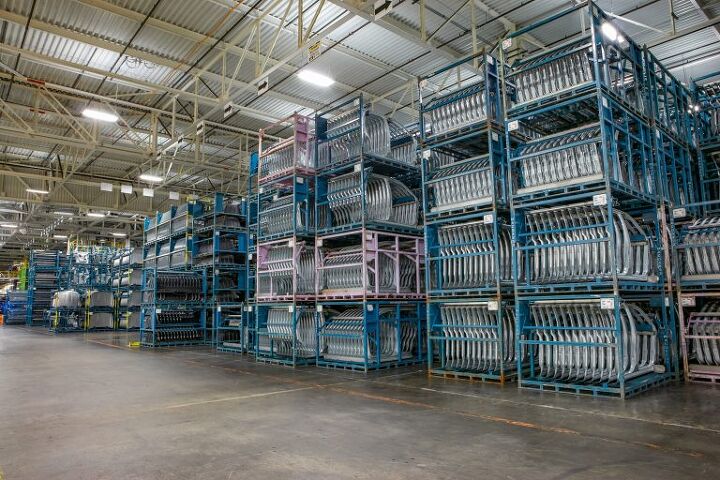


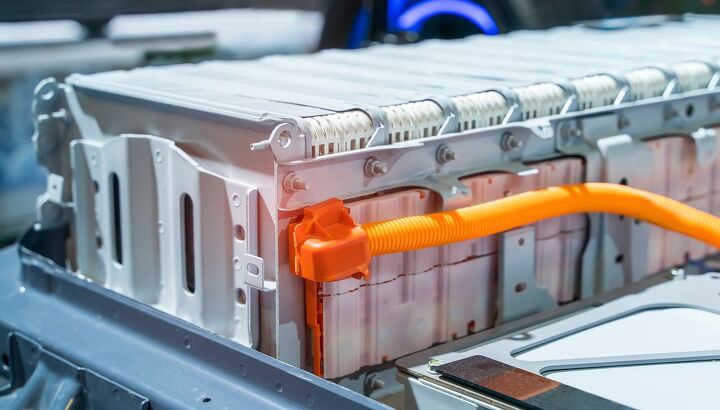





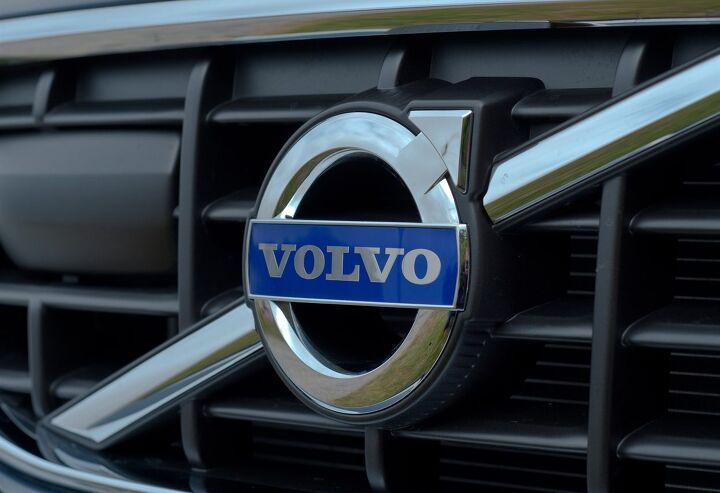
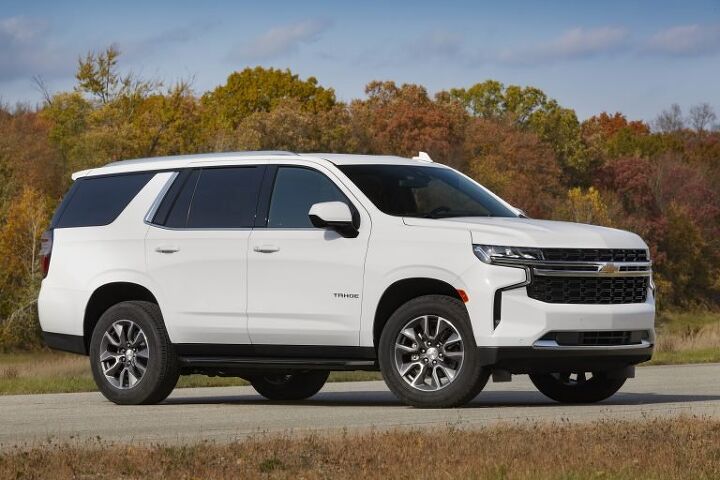

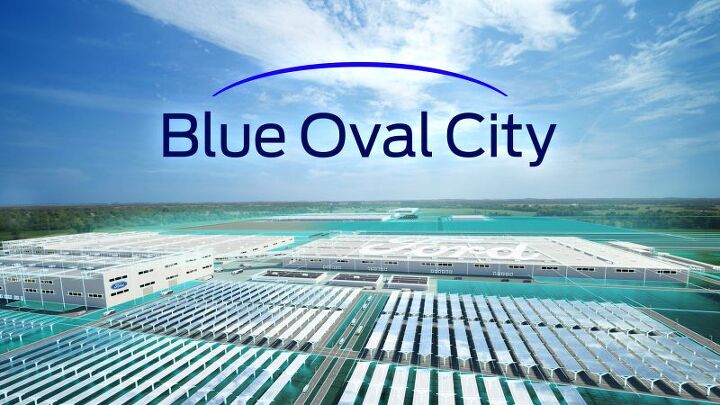
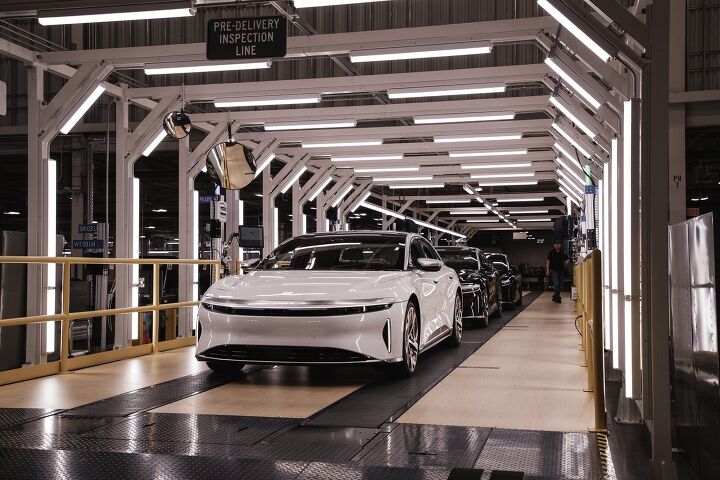
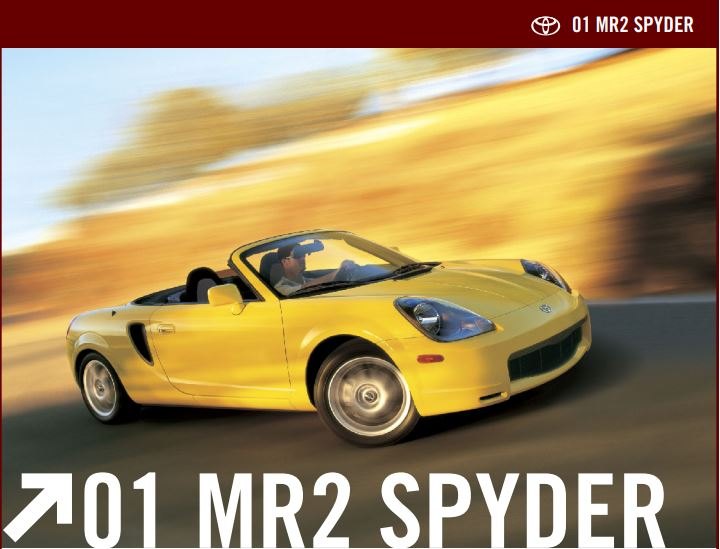
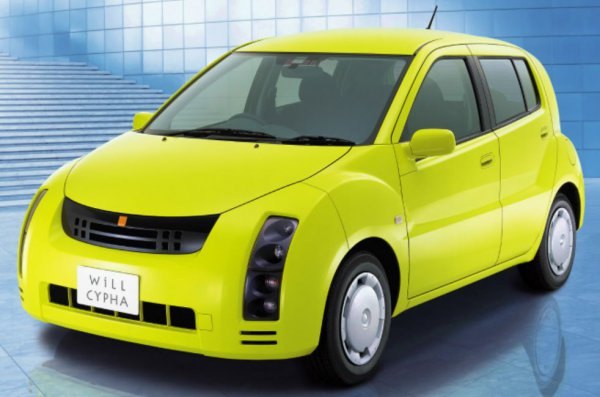
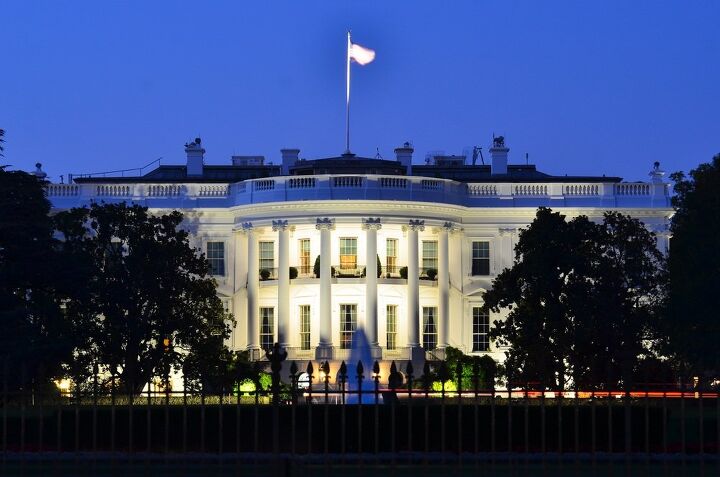
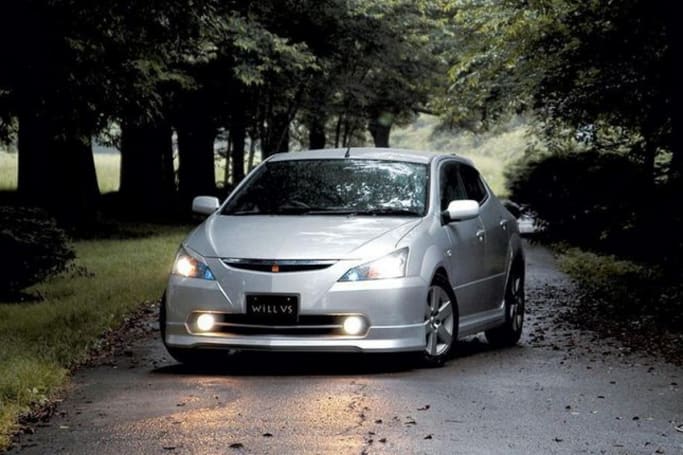
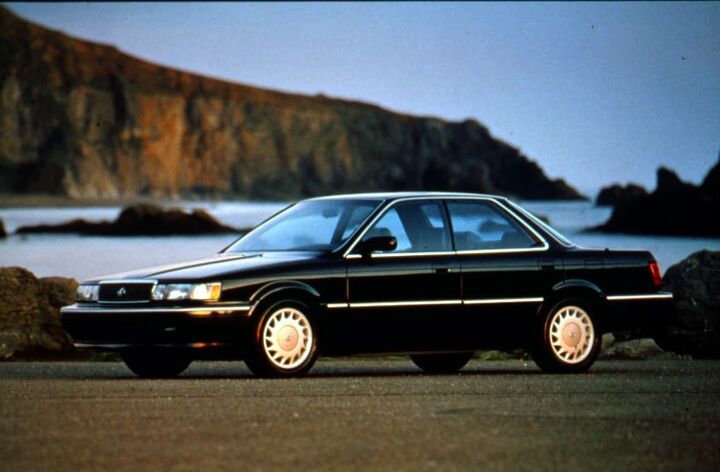

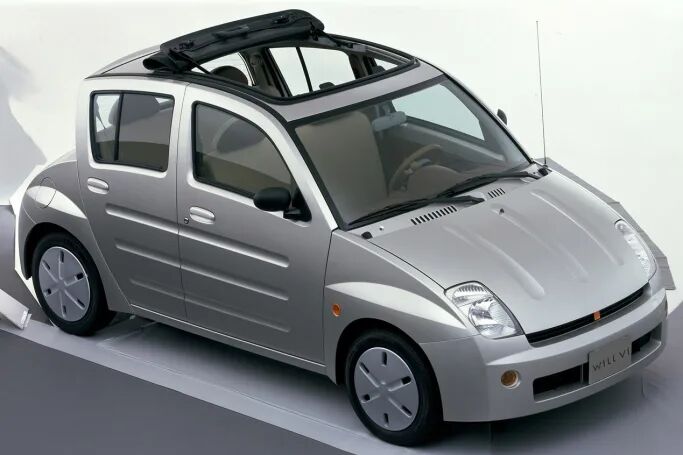

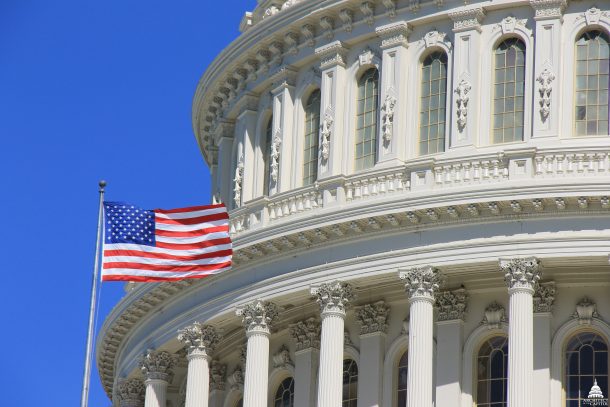
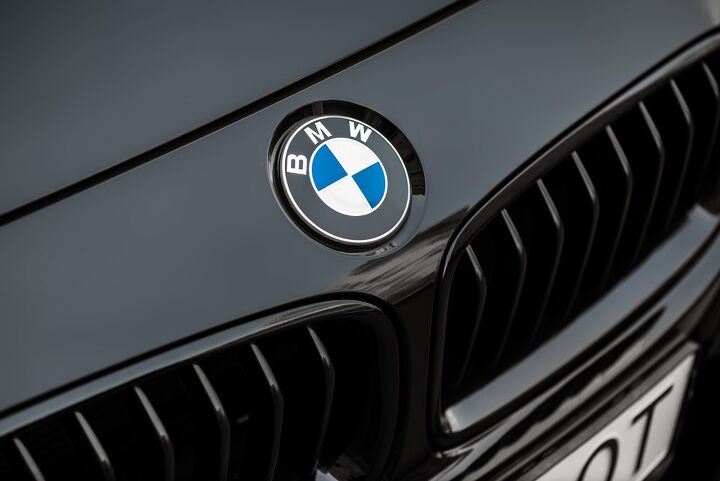

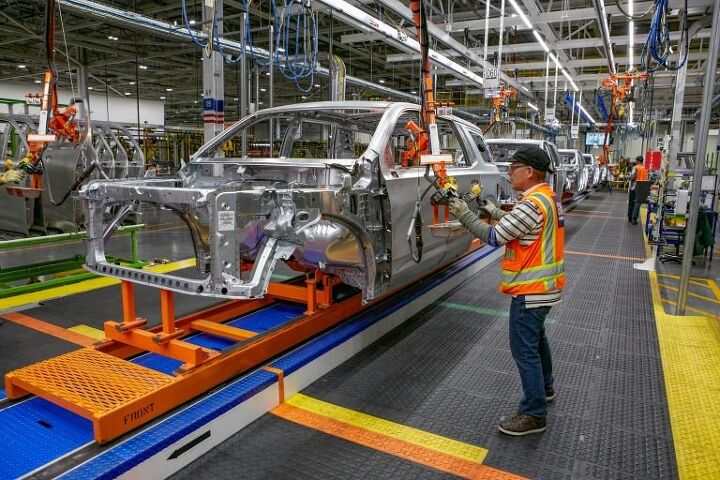

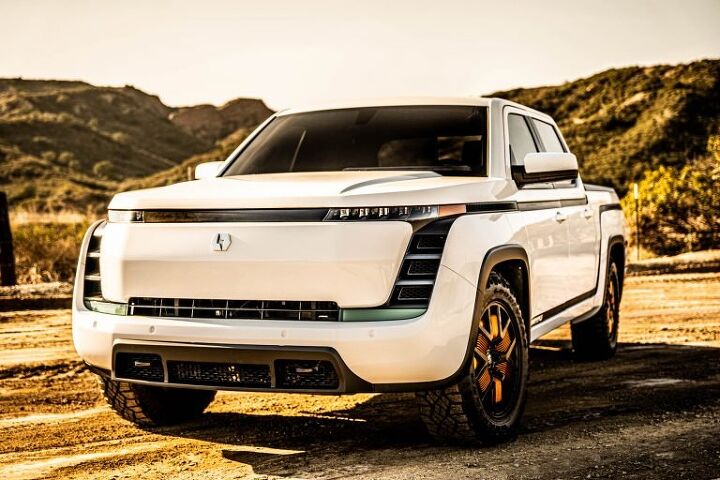
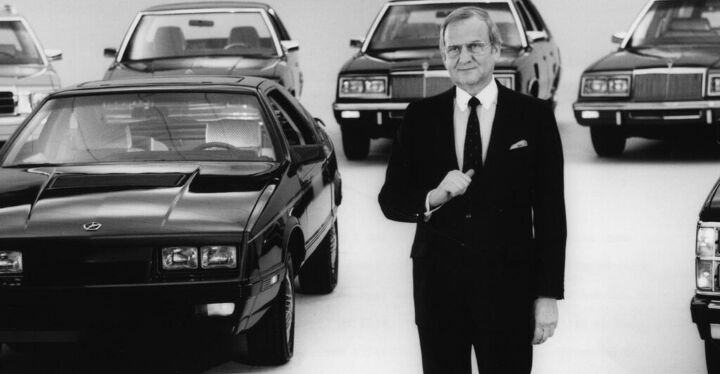



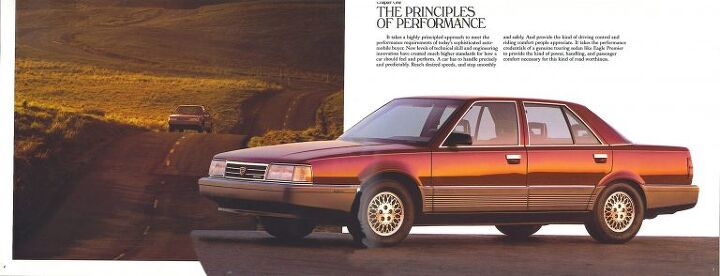
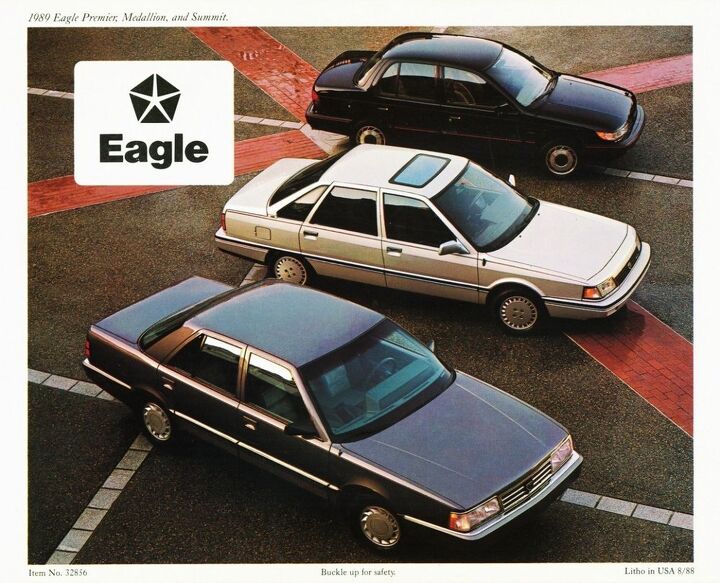

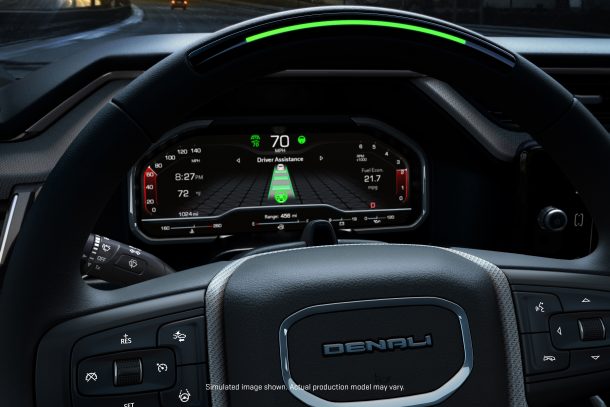
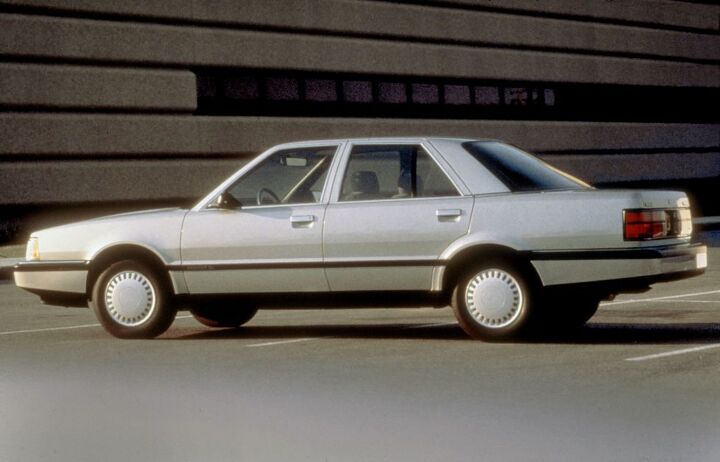
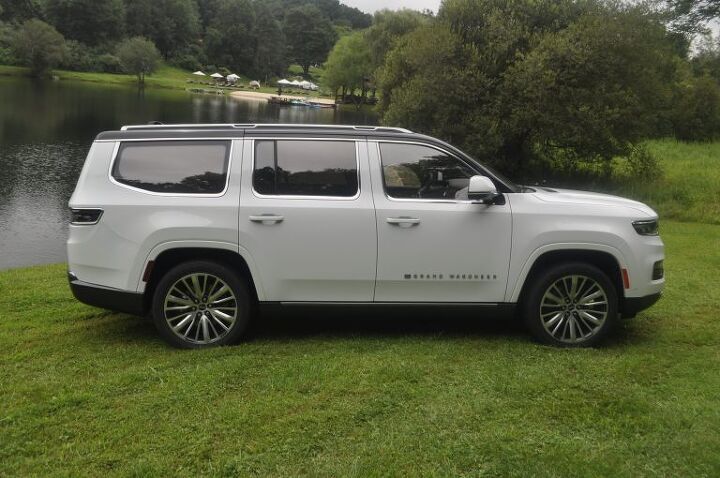
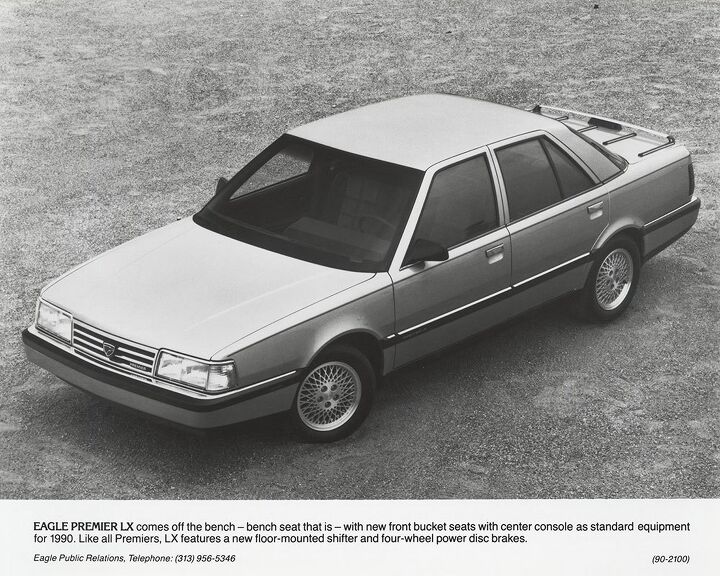
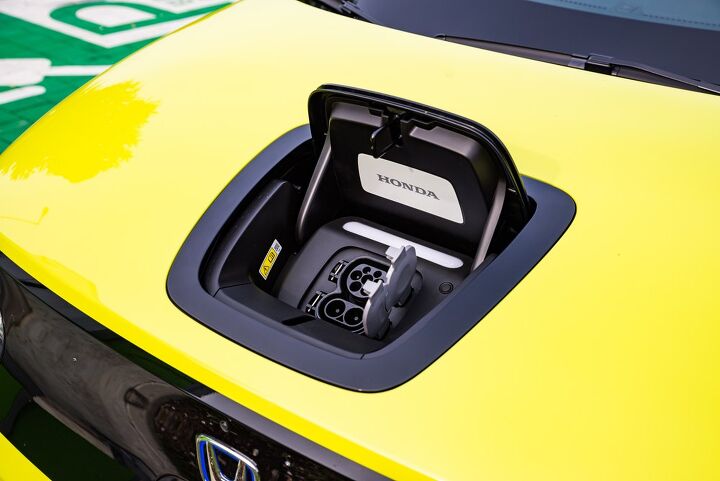
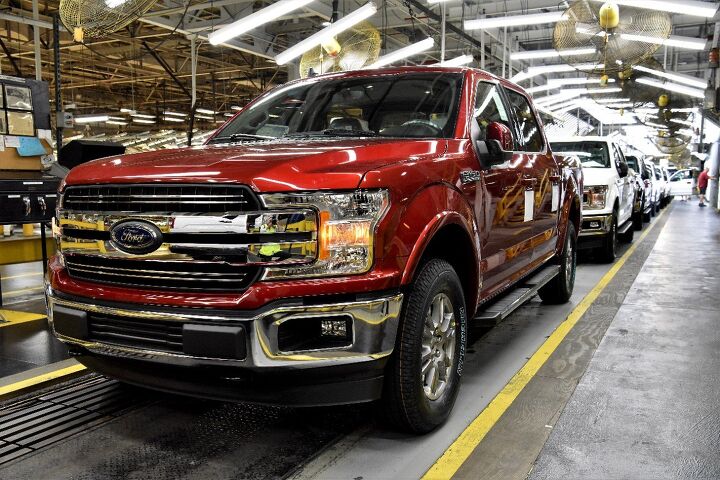

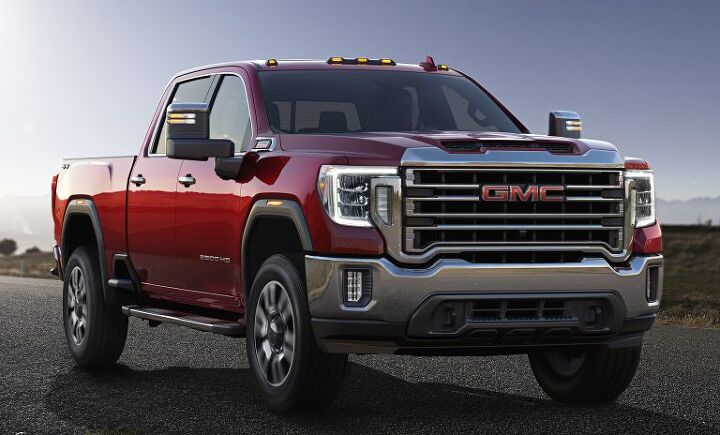



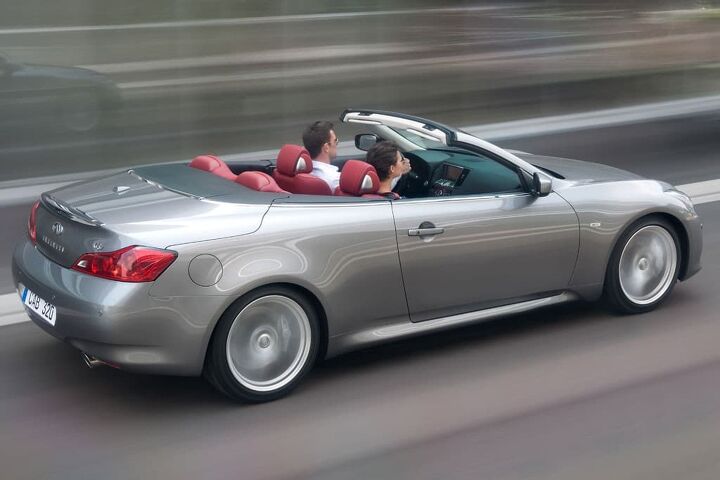

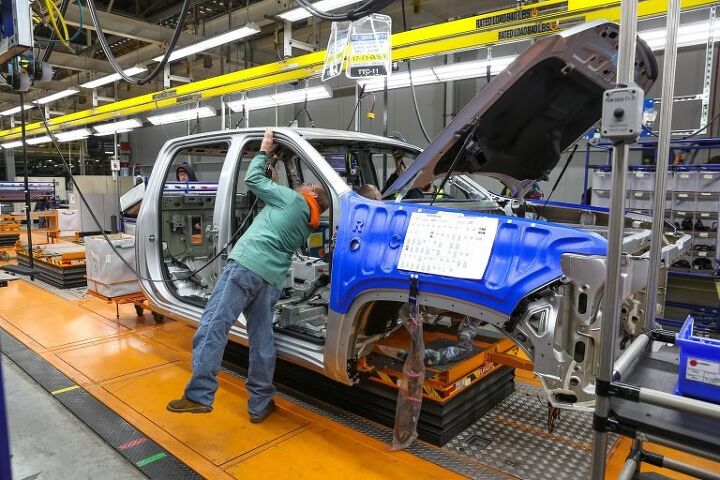

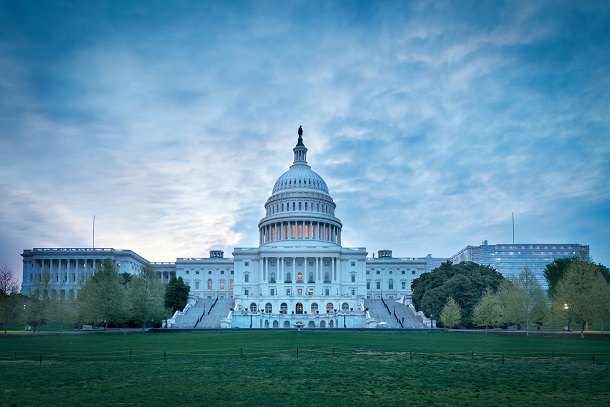















Recent Comments